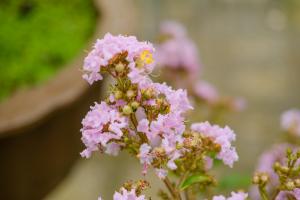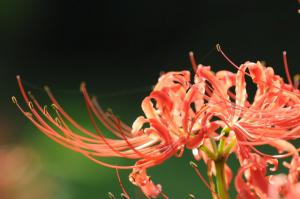What is a good companion plant for citrus trees?
Citrus trees are a popular addition to any home garden, but finding the right companion plant can be a challenge. While citrus trees can thrive on their own, companion planting provides numerous benefits. These benefits include increased yields, improved soil health, and pest control. In this article, we will explore the best companion plants for citrus trees and their benefits.
1. Marigolds
Marigolds are a popular choice for companion planting because they help repel pests that can damage citrus trees. Marigolds produce a chemical called alpha-terthienyl, which is toxic to many garden pests, including whiteflies, nematodes, and aphids. Additionally, marigolds attract beneficial insects like ladybugs, which feed on pests, further improving pest control. Marigolds are easy to care for and also help improve soil quality by suppressing weeds and adding organic matter as they decompose.
2. Basil
Basil is a fragrant herb that can help repel pests and attract beneficial insects to your citrus trees. Basil produces oils that are toxic to harmful insects like mosquitoes, flies, and spider mites. Additionally, planting basil near your citrus trees attracts beneficial insects like predatory wasps, which feed on pests like caterpillars and aphids. Basil is easy to grow and thrives in hot weather, making it a perfect companion plant for citrus trees.
3. Nasturtiums
Nasturtiums are a colorful and easy-to-grow companion plant that can help protect citrus trees from pests. Nasturtiums produce a chemical called benzyl isothiocyanate, which repels pests like aphids, whiteflies, and cabbage worms. Additionally, nasturtiums attract beneficial insects like ladybugs, which feed on pests and improve pest control. Nasturtiums are also edible, adding a spicy flavor to salads and other dishes.
4. Comfrey
Comfrey is a nutrient-rich plant that can improve soil health and increase yields in citrus trees. Comfrey is a natural fertilizer, producing high levels of nitrogen, potassium, and phosphorus. These nutrients help citrus trees grow strong and productive. Additionally, comfrey helps suppress weeds, making it easier to maintain a healthy garden. Comfrey is easy to grow, and its leaves can be used to make compost tea or added directly to the soil as a natural fertilizer.
5. Chives
Chives are an easy-to-grow herb that can help repel pests and improve soil health. Chives produce a chemical called allyl sulfur, which repels harmful insects like Japanese beetles, carrot rust flies, and slugs. Additionally, planting chives near your citrus trees attracts beneficial insects like hoverflies, which feed on pests and improve pest control. Chives are easy to care for and can be used in a variety of dishes, adding a mild onion flavor to omelets, soups, and salads.
Conclusion
Companion planting is a great way to improve the health and productivity of your citrus trees. The best companion plants for citrus trees are marigolds, basil, nasturtiums, comfrey, and chives. These plants help repel harmful pests, attract beneficial insects, and improve soil health. By planting these companion plants alongside your citrus trees, you can ensure a healthy and productive garden for years to come.

 how many times do yo...
how many times do yo... how many planted tre...
how many planted tre... how many pine trees ...
how many pine trees ... how many pecan trees...
how many pecan trees... how many plants comp...
how many plants comp... how many plants can ...
how many plants can ... how many plants and ...
how many plants and ... how many pepper plan...
how many pepper plan...






























